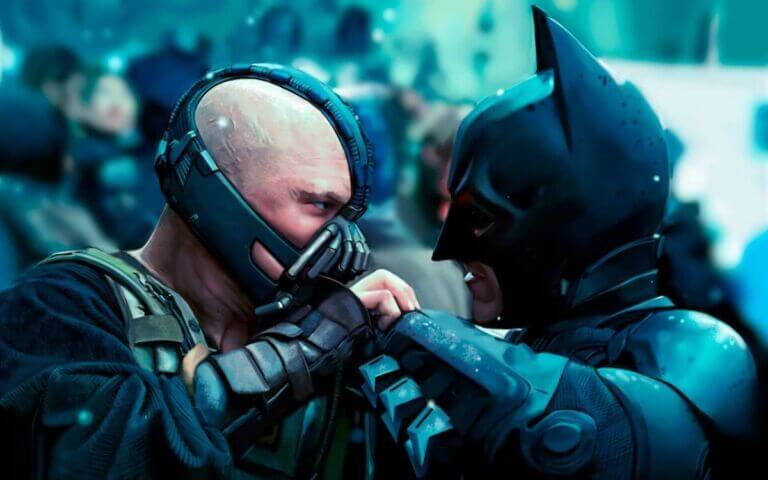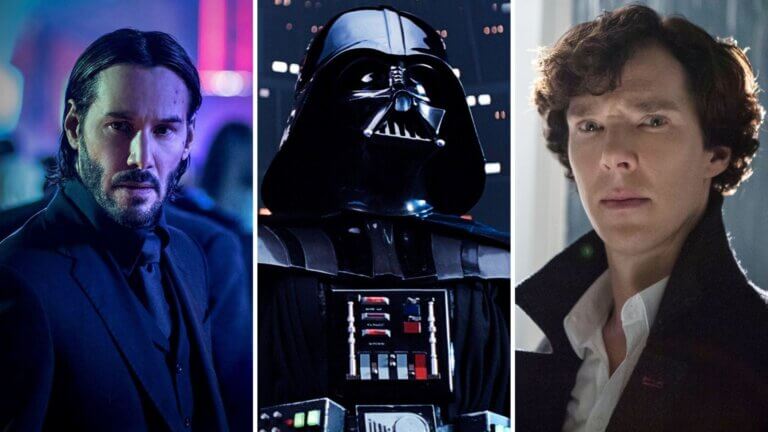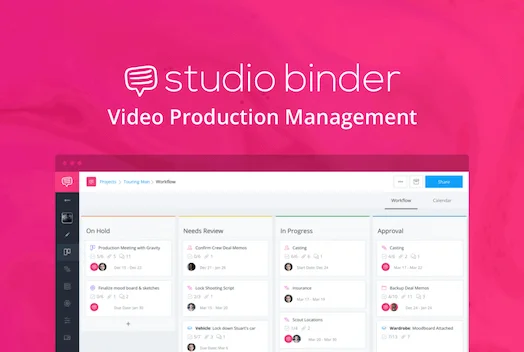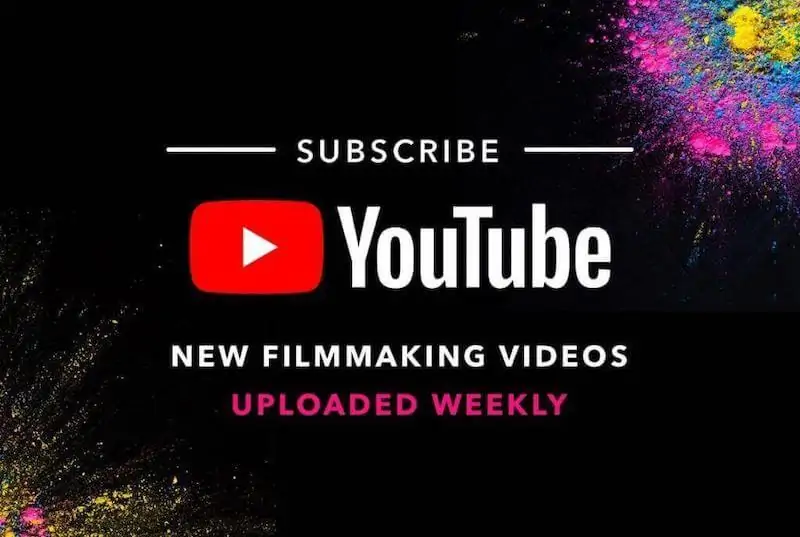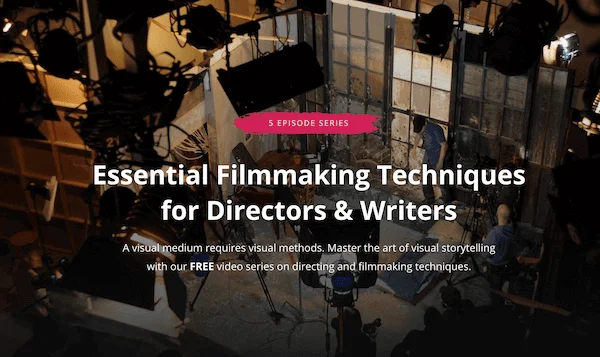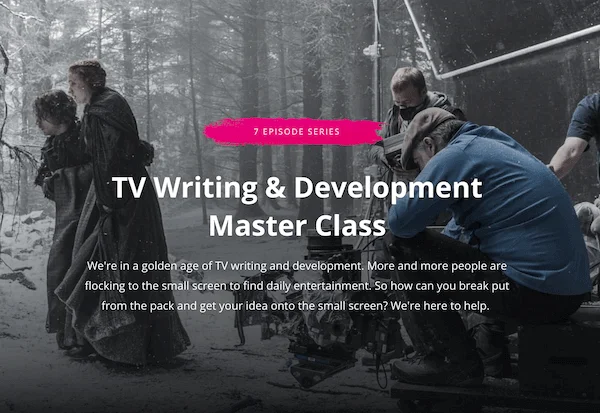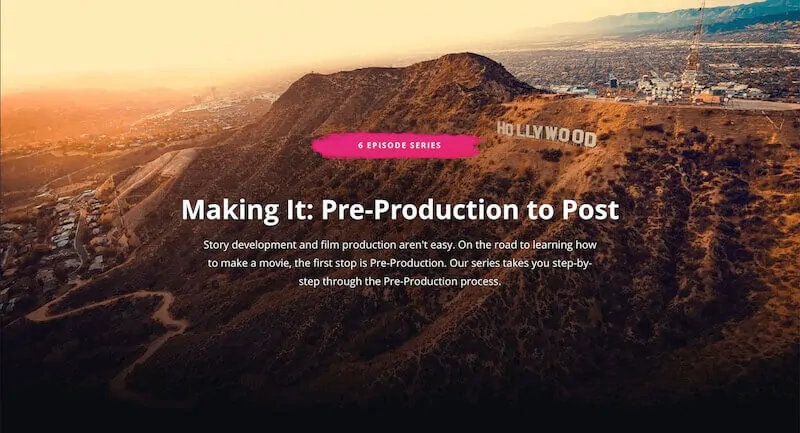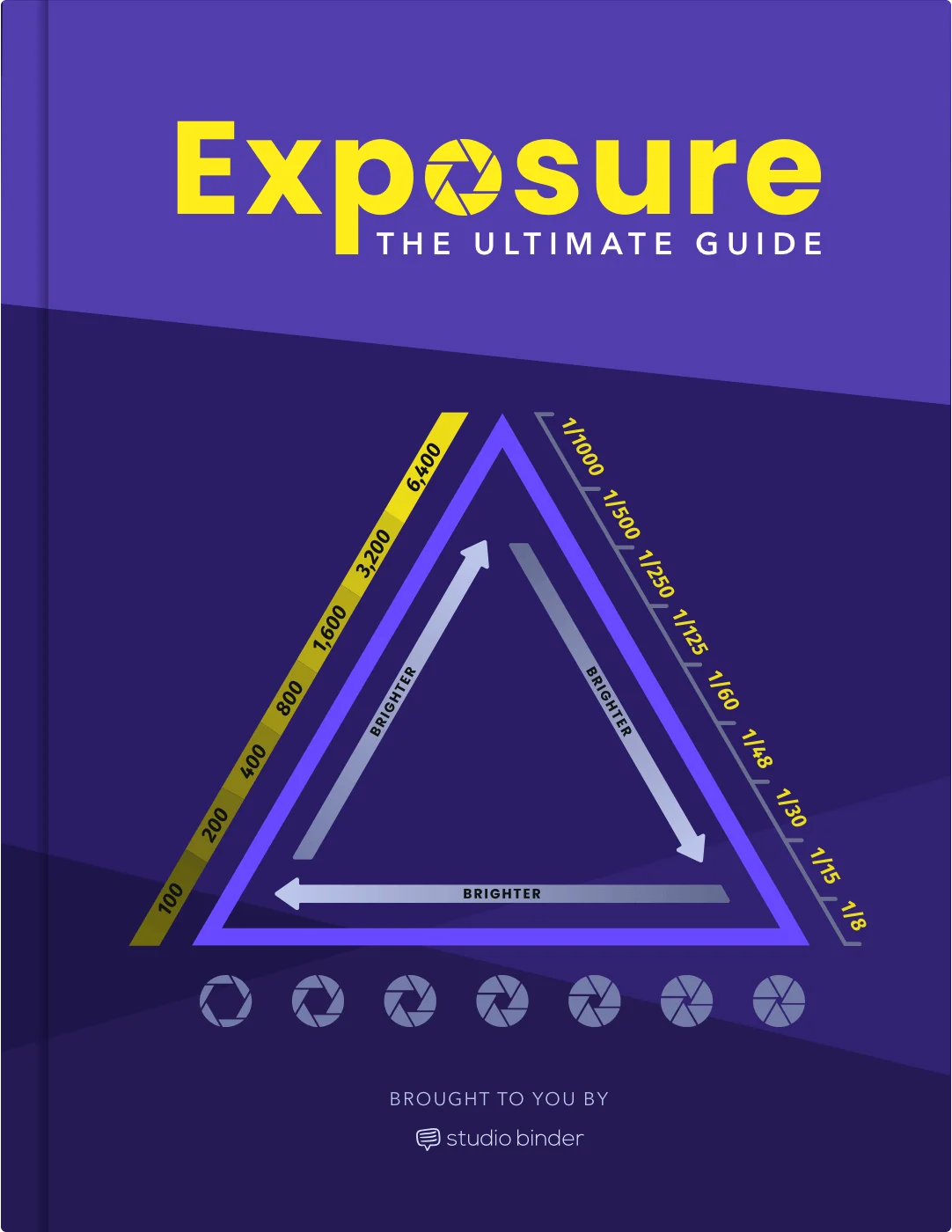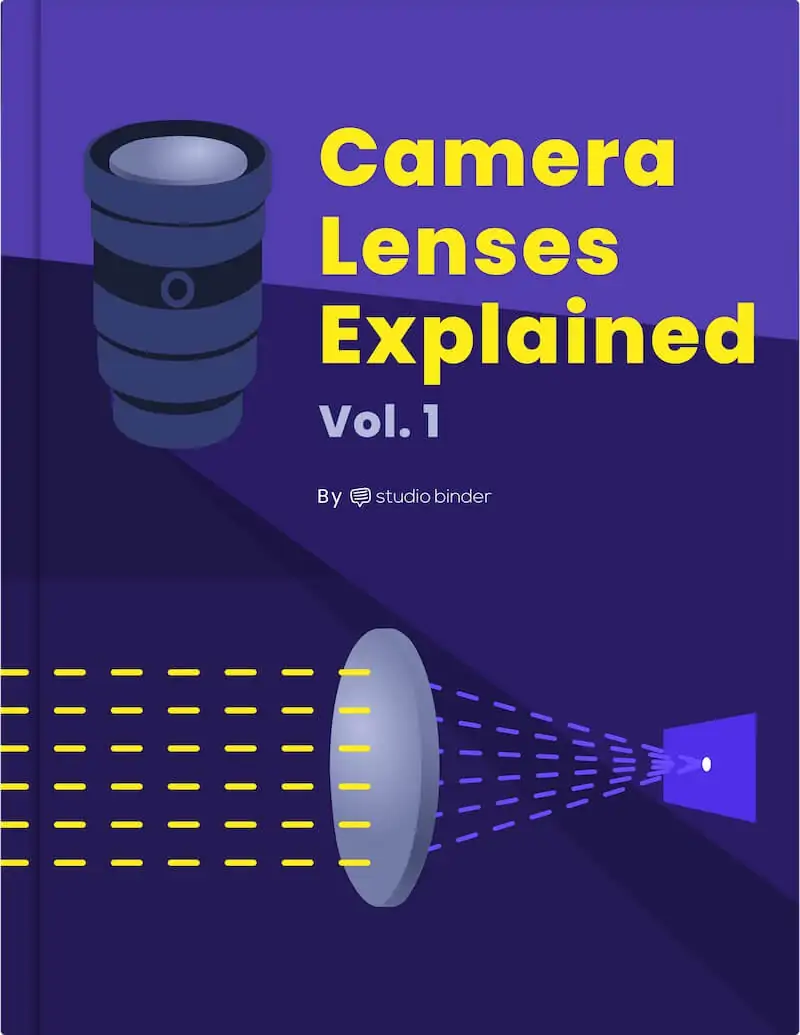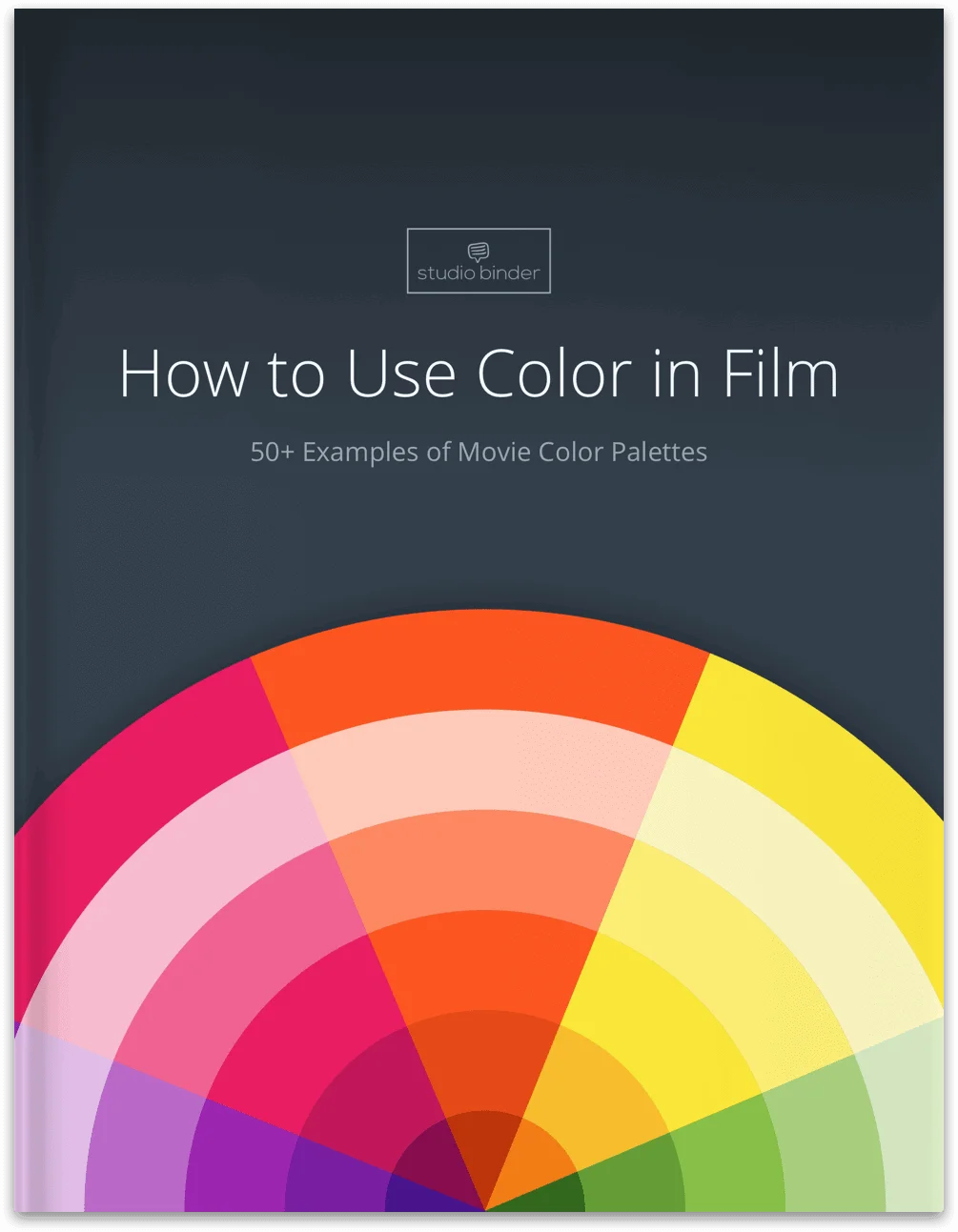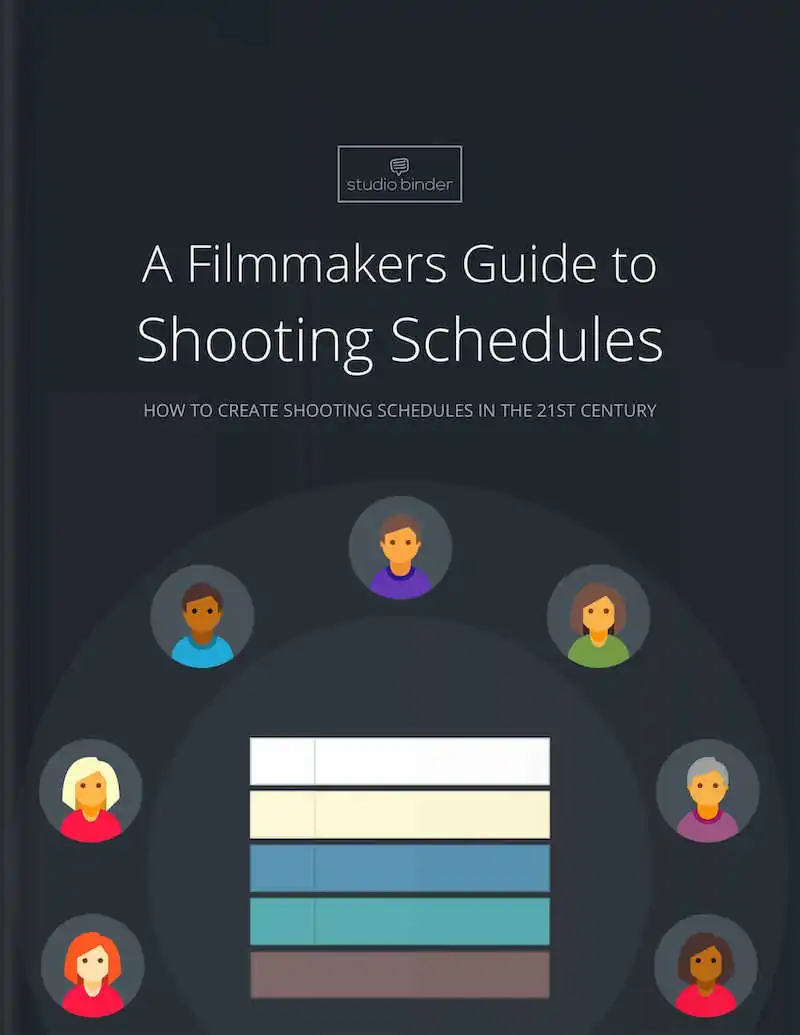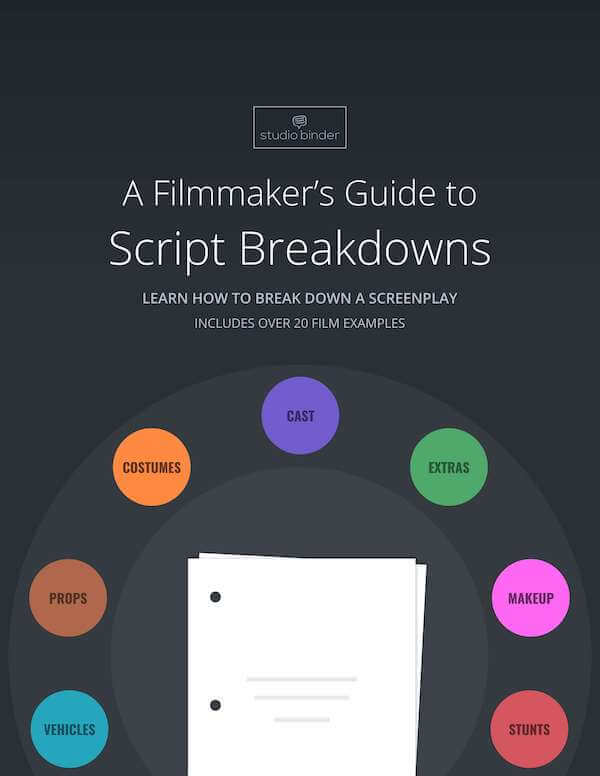Bane may not be the most celebrated villain in Christopher Nolan’s Batman trilogy, but he still has some great quotes. We’re going to rank the best Bane quotes in The Dark Knight Rises by diving into the mind of the masked mercenary. Let’s be honest, it wasn’t easy to hear what he was saying underneath the mask — which is a shame because his dialogue was really good. With that said, now is not the time for fear, let’s jump into the best Bane quotes, with clips and script excerpts!Continue reading Best Bane Quotes in The Dark Knight Rises, Ranked…
What is a character arc and why are they so important in storytelling? A character arc is an essential part of writing a fully-fledged character. As much as we like seeing goals being achieved, it is the internal, positive change in characters that we really gravitate towards. We’re going to answer those questions with a character arc definition – then we’ll look at character arc examples in literature and film. By the end, you’ll know how to write a satisfying arc.Continue reading What is a Character Arc — Definition & Types of Character Arcs
What is an epilogue? It’s a term that we hear often but we don’t see it in every story. So why are epilogues so commonly talked about to when they aren’t always used? We’re going to get to the bottom of that question with examples from Harry Potter, Star Wars, and more. By the end, you’ll know how to implement them in your own stories. But before we get into the best and most creative examples in literature and film, let’s define epilogue.Continue reading What is an Epilogue — Definition & Examples
What is third person omniscient point of view? Third person omniscient point of view is the perfect perspective for writers who want to play god. We’re going to define this specific type of point of view by looking at examples from video essays and literature. By the end, you’ll know why third person omniscient POV is considered by many to be the most empowering literary perspective.Continue reading What is Third Person Omniscient Point of View — Writer’s Guide
The rule of three is one of the most important rules in all of writing – but what is the rule of three? We’re going to explore this fascinating and useful rule by looking at examples in sentences, situations, and stories. This article will serve as a referential guide for you to circle back to whenever you’re stuck in a writing jam.Continue reading What is the Rule of Three — A Literary Device for Writers
What is third person limited point of view? Third person limited point of view is an important perspective for writers and readers – but what is it? And how is it used? We’re going to answer those questions by defining third person limited point of view. We’re also going to explore third person limited examples! By the end, you’ll know what third person limited point of view is and how to use it in writing.Continue reading What is Third Person Limited Point of View
Indirect characterization is an essential part of developing nuanced characters. But what is indirect characterization? We’re going to break down this writerly concept by looking at its definition and examples in literature and film. By the end, you’ll know why indirect characterization is an important part of developing nuanced characters.Continue reading What is Indirect Characterization — Character Building Tips
What is third person point of view? Perhaps she knows; or he knows; or they know. The third person point of view is used to keep distance between the writer and reader. As a result, characters serve as a buffer so that the focus remains on the narrative. We’re going to break down the third person point of view, or third person POV, with examples from The Lord of the Rings and Uncharted, but first, let’s review some grammar details.Continue reading What is Third Person Point of View? Definition & Examples
Characterization is simply “what makes a character a character.” But under the umbrella of characterization, there are two subtypes: direct characterization and indirect characterization. We’re going to break down direct characterization by looking at examples from John Wick, The Grapes of Wrath, and more. By the end, you’ll know how to implement direct characterization in your own works.Continue reading What is Direct Characterization — Character Building Tips
I, me, we, and us, are all words used to articulate ourselves in the first person point of view – but what is first person point of view? We’re going to explore how the first person point of view, or POV, is used in prose, poetry, cinema, and video games as both a writing and framing technique. But before we dive into our examples, let’s review what makes the first person POV, the first person POV.Continue reading What is First Person Point of View? Definition and Examples
